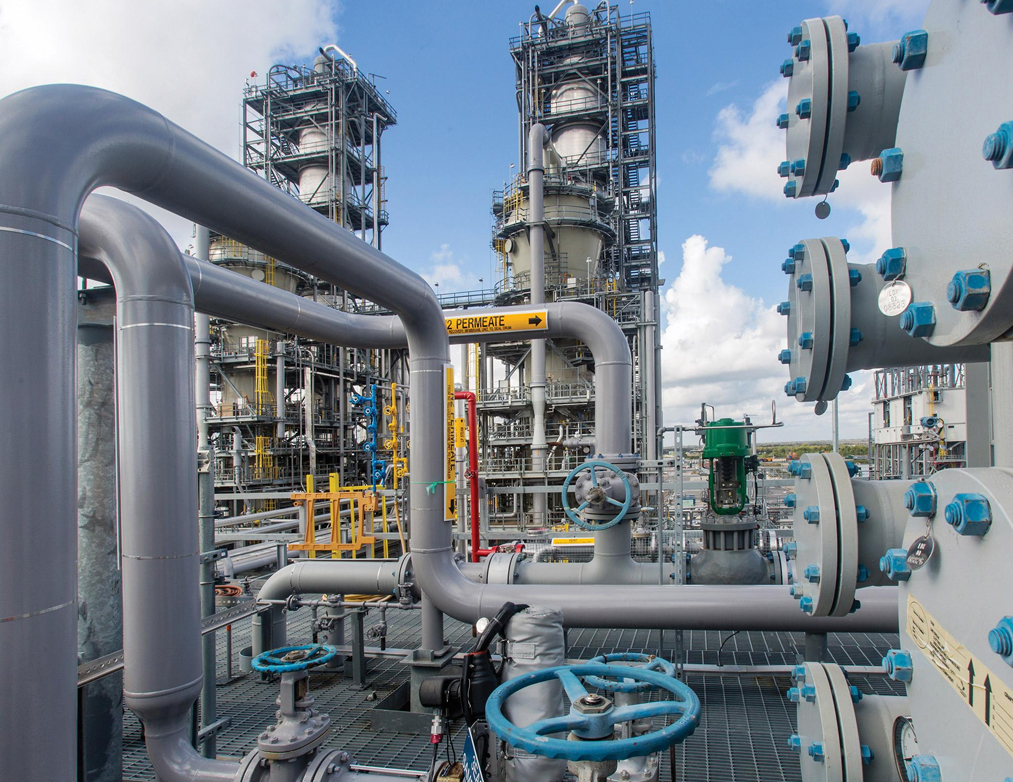English
- Afrikaans
- Albanian
- Amharic
- Arabic
- Armenian
- Azerbaijani
- Basque
- Belarusian
- Bengali
- Bosnian
- Bulgarian
- Catalan
- Cebuano
- Corsican
- Croatian
- Czech
- Danish
- Dutch
- English
- Esperanto
- Estonian
- Finnish
- French
- Frisian
- Galician
- Georgian
- German
- Greek
- Gujarati
- Haitian Creole
- hausa
- hawaiian
- Hebrew
- Hindi
- Miao
- Hungarian
- Icelandic
- igbo
- Indonesian
- irish
- Italian
- Japanese
- Javanese
- Kannada
- kazakh
- Khmer
- Rwandese
- Korean
- Kurdish
- Kyrgyz
- Lao
- Latin
- Latvian
- Lithuanian
- Luxembourgish
- Macedonian
- Malgashi
- Malay
- Malayalam
- Maltese
- Maori
- Marathi
- Mongolian
- Myanmar
- Nepali
- Norwegian
- Norwegian
- Occitan
- Pashto
- Persian
- Polish
- Portuguese
- Punjabi
- Romanian
- Russian
- Samoan
- Scottish Gaelic
- Serbian
- Sesotho
- Shona
- Sindhi
- Sinhala
- Slovak
- Slovenian
- Somali
- Spanish
- Sundanese
- Swahili
- Swedish
- Tagalog
- Tajik
- Tamil
- Tatar
- Telugu
- Thai
- Turkish
- Turkmen
- Ukrainian
- Urdu
- Uighur
- Uzbek
- Vietnamese
- Welsh
- Bantu
- Yiddish
- Yoruba
- Zulu
Telephone: +86 13120555503
Email: frank@cypump.com
Sep . 24, 2024 05:53 Back to list
Effective Solutions for Efficient Wastewater Pumping Systems and Management
Waste Water Pumps Essential Components in Waste Water Management
Waste water pumps play a crucial role in the effective management of waste water, a vital part of modern infrastructure. As urban areas continue to expand, the need for efficient waste water systems becomes increasingly important. Waste water, which includes water from households, industries, and storm runoff, often contains various contaminants and pollutants. Proper treatment and disposal are essential to protect the environment and public health, making waste water pumps an indispensable tool in this process.
The primary function of a waste water pump is to transport waste water from one point to another, typically from lower to higher elevations where it can be treated or disposed of properly. These pumps are designed to handle the solid particles and debris often found in waste water, making them different from standard water pumps. They are constructed from durable materials and equipped with specialized impellers to prevent clogging and ensure a smooth flow.
There are several types of waste water pumps, each designed for specific applications
. Submersible pumps, for example, are designed to operate underwater, often used in sewage applications where they are submerged in the waste water and can effectively move it to the surface for treatment. In contrast, centrifugal pumps use rotational energy to move waste water and are commonly used in larger facilities where high flow rates are required.waste water pump

One of the key advantages of using waste water pumps is their ability to reduce the risk of flooding. In urban environments, heavy rainfall can overwhelm drainage systems, leading to the potential for significant water damage. Waste water pumps help manage this excess water, ensuring that it is efficiently transported away from vulnerable areas. This is particularly important in regions prone to flooding, where timely removal of waste water can mitigate risks to property and public safety.
In addition to their practical applications, waste water pumps contribute to sustainability efforts. By promoting effective waste water management, they help reduce the environmental impact of contaminated water. Treated waste water can even be reused for non-potable applications like irrigation and industrial processes, promoting water conservation and reducing the demand for fresh water sources.
Maintenance of waste water pumps is critical to their performance and longevity. Regular inspections and timely repairs ensure that pumps operate efficiently and reduce the risk of breakdowns. Common issues include wear and tear, clogs, and mechanical failures, all of which can lead to costly repairs and downtime if not addressed promptly.
In conclusion, waste water pumps are essential components of effective waste water management systems. They play a vital role in transporting waste water for treatment, preventing flooding, and promoting sustainable water use. As urban areas continue to grow, the importance of reliable waste water pumps will only increase, necessitating ongoing investment in technology and infrastructure. By ensuring these pumps are well maintained and efficiently operated, communities can safeguard their health and the environment while moving towards more sustainable practices.
-
ISG Series Vertical Pipeline Pump - Chi Yuan Pumps Co., LTD.
NewsJul.30,2025
-
ISG Series Vertical Pipeline Pump - Chi Yuan Pumps Co., LTD.|energy-efficient fluid handling&industrial durability
NewsJul.30,2025
-
ISG Series Vertical Pipeline Pump - Chi Yuan Pumps | Advanced Engineering&Industrial Efficiency
NewsJul.30,2025
-
ISG Series Pipeline Pump - Chi Yuan Pumps | High Efficiency, Energy Saving
NewsJul.30,2025
-
ISG Series Vertical Pipeline Pump-Chi Yuan Pumps|High Efficiency&Reliable Performance
NewsJul.29,2025
-
ISG Series Vertical Pipeline Pump|High Efficiency&Low Noise
NewsJul.29,2025










